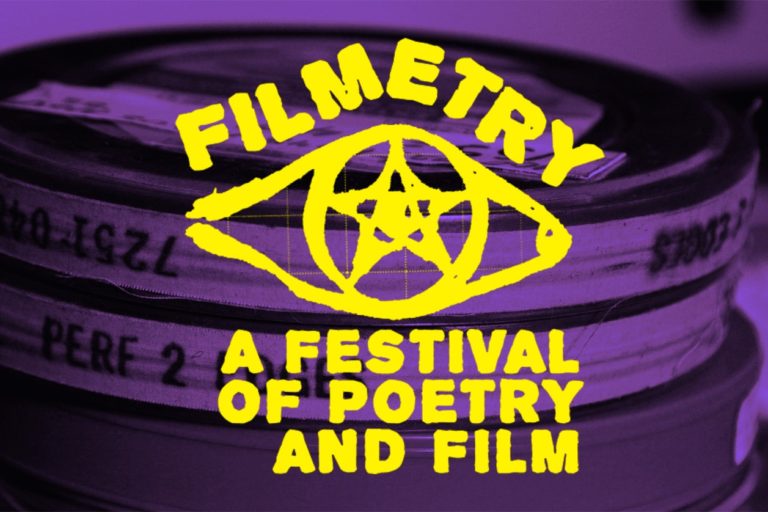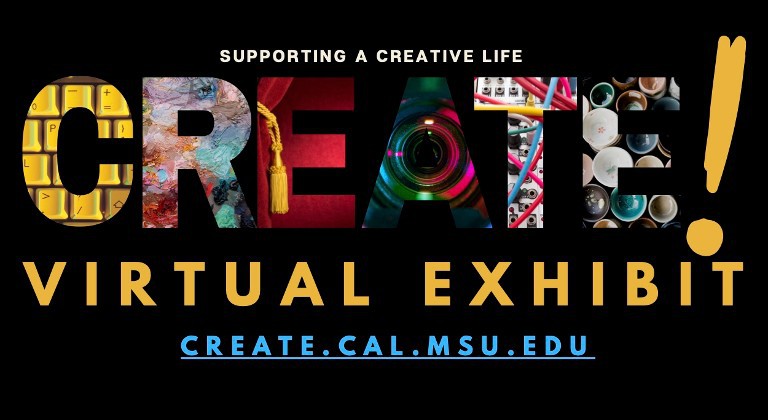On April 18th, 2024 Professor Emeritus, Dr. Kenneth Harrow was honored in a memorial service at Keihillat Israel Synagogue in Lansing. At this service Professor Salah Hassan delivered a eulogy discussing his life and work. Read the eulogy below:
For Ken
In Ken Harrow’s life and work, in his deep attachments and expansive interests, faith takes shape around ideas; finding the right words to express those ideas was the ultimate act of faith. Ken’s acts of faith were numerous and substantial; he gave generously to the world, contributing significantly to developments in African literary studies, and later to the field of African film studies.
At the core of Ken’s thought lies an almost mystical belief in the hidden power of words to signify across difference, differences of culture and race and differences of time and space, quantum physics became central to his later work. This idea, that words have secret meanings that can be revealed through interpretive acts, is of course the foundation of literary and film studies, and Ken was thoroughly convinced of its social relevance, even as he watched the humanities succumb to the effects of globalization and digitization. In 2012, he observed:
It is almost impossible to write now about world literature and globalized flows of communication without lapsing into the parody of texting—a babble that communicates not a fatigue with the familiar tropes of theory, half-forgotten with each passing year, but the technology of half-lives burning out quickly . . .
Decades before, the belief in the secret meanings of words is apparent in Ken’s graduate research in comparative literature at NYU in the 1960s and completed a dissertation in 1971 titled “The Transformation of the Rebel,” a 564-page tome, focused on Euro-American modernist writers and mid 20th century politics. Retrospectively we can understand the dissertation title to be referring to Ken Harrow, himself, whose rebellious transformation takes place over the next 50 years.
The idea that inspired Ken to generate new meanings from old words is elaborated in the 1990s in three books sharing a common cultural theme: Faces of Islam in African Literature (1991), Thresholds of Change in African Literature (1994), and The Marabout and the Muse: new Approaches to Islam in African literature (1996). The books on Islam and African narrative cultures draw on Ken’s knowledge of modern French literary traditions, his intellectual engagements with Jewish exegesis, and his emerging relationships with Africa. They posit daring and innovative readings of esoteric texts that position African stories as sources of cultural knowledge that challenge the primacy of European authority.
Ken’s intellectual commitments—to French language and literature, to the davar, and to African culture– are the pillars of something like his secular religion, a system of beliefs, not bound by rules, orthodoxies, or dogma, but generated by the work of textual interpretation, leading to original insights into traditions and recognition of unseen cultural formations. In a key moment of his career at the turn of the millennium, Ken enthusiastically took up the critical projects of feminist, psychoanalytic and poststructuralist literary theory, striving to find, or perhaps define, cultural sites where imaginative uses of language are transformative, at least at the level of thought. With the publication of Less Than One and Double (2001), Ken exposed weak assumptions about culture and identity, produced an extended analysis of African women’s writings, described in one review as “a radical new position for those scholars who have long sought alternatives to the liberal humanist bias pervading many studies of African women’s writing.”
It was also around this time, at the turn of the millennium, that Ken became director of MSU’s Comparative Literature program, which he single-handedly revived by recruiting international graduate students who later went on to have successful careers as scholars of literature and film. Even though the Comparative literature program did not survive long into the new 21st century, it was momentarily an important academic location for Ken to advance the study of African cultures in the context of globality, represented most immediately in the extraordinary flow of films coming out of Africa. His next four books, Postcolonial African Cinema (2007) and Trash: African Cinema from Below (2011), and most recently, Space and Time in African Cinema (2022) and African Cinema in a Global Age (2023) are field defining acts of faith, in which he demonstrated not only sweeping knowledge of African films and the contexts of their production; but also and perhaps of equal importance, his commitment to interpretative acts of faith, which in the last works challenge us—to quote Ken’s last book–to see “ourselves as observers, and read [. . .] ourselves as we read the film text.”
Ken’s legacy extends far beyond the realms of academia; his passion for African literature and film and his unwavering commitment to social justice have left a mark on all who had the privilege of knowing him. His kindness and generosity knew few bounds. He approached every interaction with warmth and sincerity, leaving a lasting impression on all who crossed his path. He spoke his mind and was true to his convictions even when they were not popular. As we say farewell to Ken, let us remember the words of an African proverb that captures his enduring spirit: “When an elder dies, a library burns to the ground.” Indeed, we have lost not only a revered scholar, friend and family member, but also a repository of knowledge, empathy, and compassion. May his legacy continue to inspire us to make the world better and to champion the causes he held dear.
On Thursday, May 9th from 5:00-7:00pm the Department of English will hold an honorary event for Dr. Kenneth Harrow. The event will take place in room 303 of the International Center.


